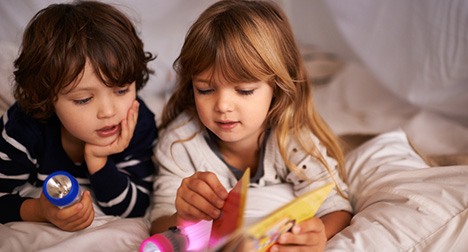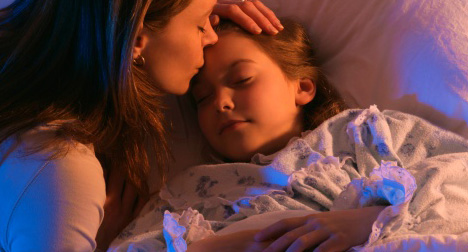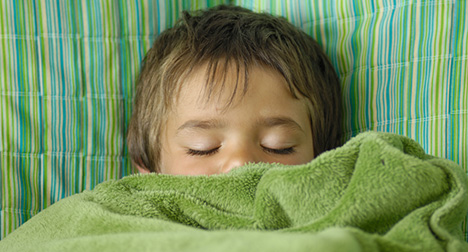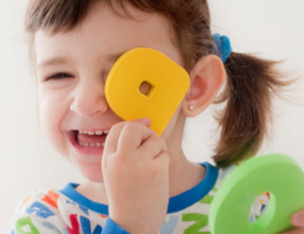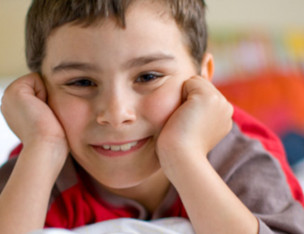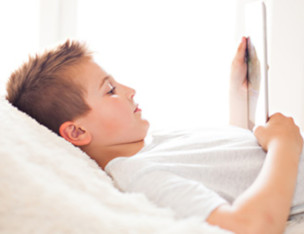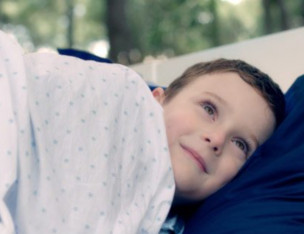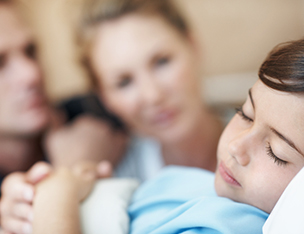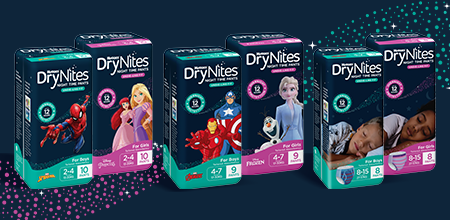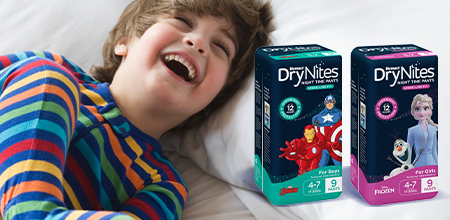If your child is currently going through a bedwetting stage, you’ve most likely been searching high and low for information about how to manage and move on from this trying time. Amongst all the studies, blogs, and articles available, it can be difficult (and time-consuming) to separate fact from fiction.
If you’re raising young children, chances are you’ve been given your fair share of bedwetting advice. Many of these may be genuine; passed on by well-meaning friends, relatives, or the internet; but how many are untrue?
We’ve separated the bedwetting myths and facts below to help you and your child understand this very common phase and work through it together


